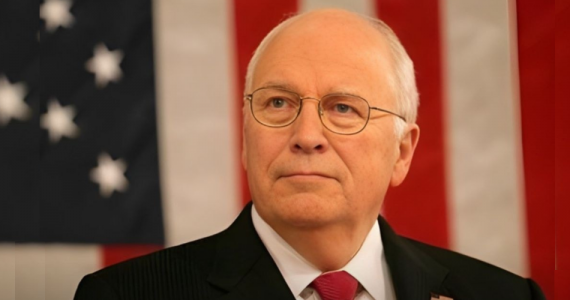About 37% of people weigh in during political discussions when at work, according to a report by Monster.com, the popular job-hunting site. The headhunting website surveyed 1,650 people on this issue via email for 2 days. Be careful of where, when and around whom you voice opinions or have passionate politically-charged conversations. The workplace is just not the right setting for such arguments, experts say. Talking politics at work has a negative impact on relationships with co-workers or bosses and limits your status at a company.

Consider taking your personal political views away from the office. While it is great to stay informed about the political climate and the elections, it’s important to be careful of when, where and with whom you should be having politically charged discussions. Your workplace is possibly the worst place for any impassioned political debate with your co-workers. Experts opine that you may be alienating people with whom you have to work with and that could seriously endanger your career aspirations and goals. How to safely navigate politics at the office?
Why Alienate Peers?

Most corporates make efforts to create inclusive cultures that revolve around team-building efforts, which may be difficult to cultivate at times. Talking about the divisive politics scenario or upcoming elections only makes things more difficult by magnifying that inclusiveness challenge by bringing politics into the daily conversation. Discussing politics easily drives wedges between you and your co-workers, and also may violate your company’s policies on avoiding political discourses at the workplace. Experts opine that you could lose your job, and it’s just not worth it.
Check Workplace policy
Some companies have specific policies about what you can say in the workplace or on your social media accounts as regards politics. Read carefully your employer’s rules, if any, requiring employees to refrain from posting political messages. Some corporates also list out topics to be posted on social media platforms and which issues are to be avoided. Thus employees must remain cool and keep the discourse civil. Many people refrain from discussing politics at work. Nearly 63% of workers ignore political discussions or listen but don’t engage in these discussions. While eager to chat about the upcoming elections, your co-workers may not feel the same way. Workers exhibiting restraint and displaying such characteristics have an edge over their peers who don’t, according to experts. Mindful, courteous and self-aware people are the people getting promoted.
Hiring Managers do check social media profiles

Another reason to be careful about sharing political opinions freely on the social media, is the surveillance by HR officials. Employers are worried about the tone of your tweets. What interests employers are not the actual contents of the posts, but the overt delivery of the posts; discourteous, strident, erratic or angry posts are a threat for employers even without specific policies in place. It is easier to take the discussion off-line and move your conversation to a more appropriate place, like a watch party. Discuss political debates when the time and place is appropriate. How to dodge the issue at work? Shift conversations to less emotionally charged topics, such as sports or movies and cultural events. When discussions veer towards politics, divert to topics that are less opinionated and less divisive and avoid controversies.




